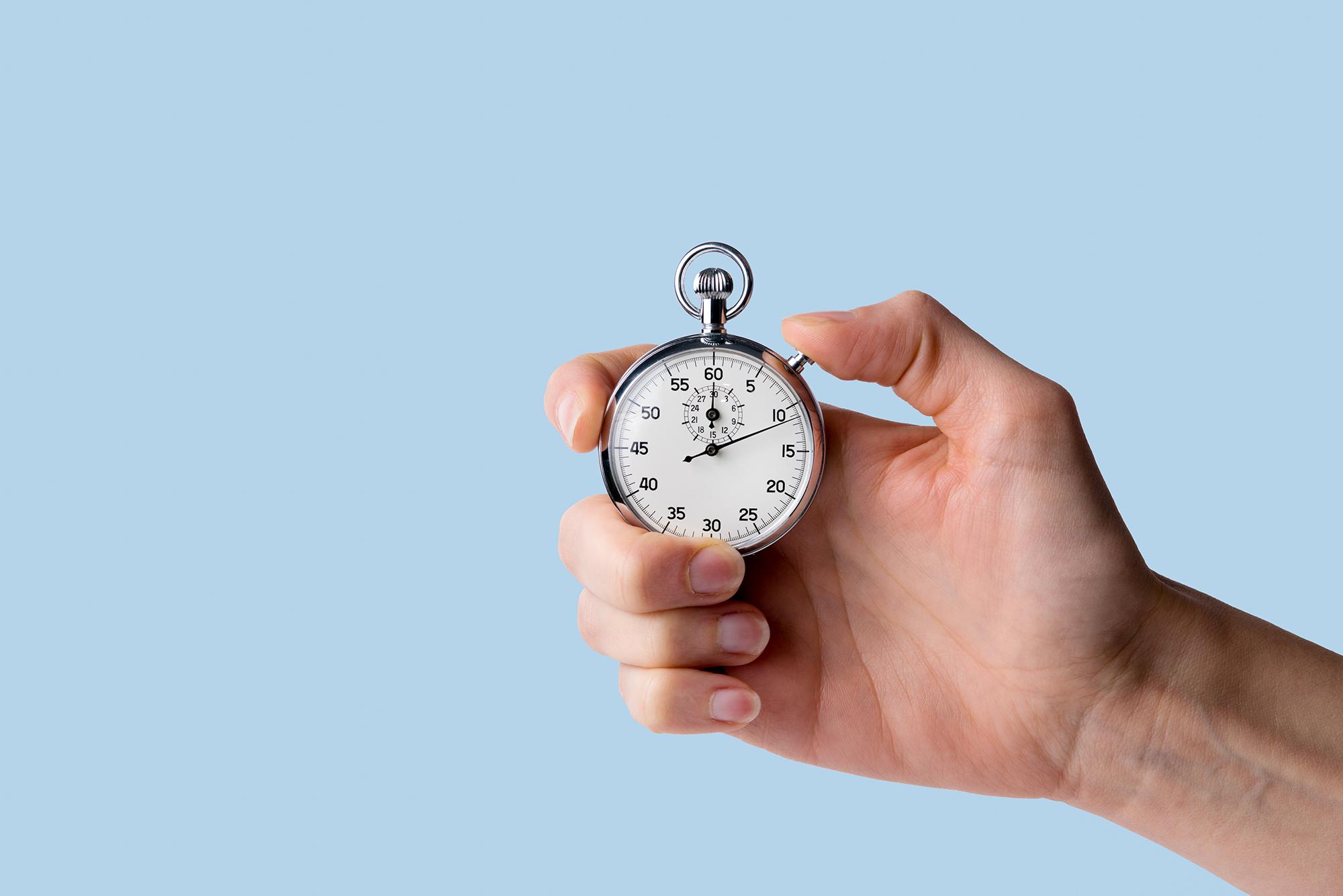Premature Ejaculation - Tips & Therapy
Our editorial team
11 November 2020
5 min read
The end.
Oops - was that too soon?
Premature ejaculation (PE) is a frustrating and (potentially) embarrassing condition. You don't just your expectations to deal with, but those of your partner too. All that pressure every time you hit the sheets - it’s no wonder some men tend to pop the cork a little early.
However, you’ll be relieved to learn, PE is a very widespread condition - more widespread than you might think.
Just because it’s not widely discussed, it doesn’t mean you are the only sufferer. In fact, one-third of men will experience the condition at some point in their life.
And the most important thing (and the only reason you’re reading this, right?) - therapy can help to postpone the inevitable!
Some PE facts:
Let’s start with some facts about premature ejaculation:
Did you know... ?
- the first recorded case of PE was in 1887
- it is the most common ejaculation problem for men - more common than delayed ejaculation and retrograde ejaculation
- masturbation counts - if you ejaculate quickly after masturbating, it is still considered premature
- the majority of cases are not due to an underlying medical condition - although a doctor should rule this out first
How soon is premature?
What is considered "premature" should be decided first and foremost by you and your partner. Different couples enjoy sex for different durations. What might be premature for you, lasts an age for others.

In any case, it can help to have a ballpark figure. Medical consensus is that any ejaculation that occurs up to one minute after penetration is premature (though, this figure is subjective!).
Experiencing PE on occasion is entirely normal and should not be a cause for concern. However, if you find you regularly ejaculate early (if you’ve discovered this blog-post, this is most likely the case), it is a good idea to explore some treatment options. That being said, you should always seek the advice of a doctor before starting ANY treatment.
To effectively treat PE, you should first determine the cause.
What exactly are the causes?
There are two categories of causes, physical and psychological.
Physical, includes:
- prostate problems
- drug use
- inflammation of the penis
- abnormal hormone levels
Psychological, includes:
- depression
- anxiety/performance anxiety
- stress
- trauma
- relationship issues
If you are unsure of the cause of your condition, you should consult a doctor. It is far more common for the condition to be the result of psychological concerns, however, it can also be an indication of more serious underlying physical conditions.
Talking (about) therapy
There is much debate surrounding the best way to treat premature ejaculation. Some medical professionals favour therapy, some favour self-help techniques and some favour medication.
Of all of these, perhaps the most time-intensive and interesting treatment method is cognitive-behaviour-therapy (CBT).
It is important to note, therapy will be most effective if the underlying cause is psychological. However, in all cases, it can be beneficial to openly communicate with a therapist and (more importantly) your partner.
So please do not disregard the idea of therapy if you believe your cause is physical!
So, what is CBT…?
Cognitive behaviour therapy (CBT) is a form of social therapy that works on the basis that your behaviours and impulses are subconsciously connected to negative thought patterns.
By identifying and correcting these ‘bad’ thoughts, you can change often distressing behaviours.

CBT came about in the early 1900s as a combination of two different approaches to psychological concerns - behaviourism and cognitive therapy. Behaviourism theorised and proved that behaviours could be identified and changed. Cognitive therapy was pioneered by the psychotherapist Adler - he realised people have an internal conversation that dictates their behaviour.
By combining these two approaches, CBT was born.
… and how does it apply to PE?
Again, you should always follow the advice of your therapist, though they will usually follow a three-step process:
First- you have the initial stage. You need to understand that your thoughts about PE can lead to the condition itself. By worrying about performance, you can negatively affect performance. Likewise, not worrying about performance, can resolve those problems.
“By worrying about performance, you can negatively affect performance”
Second - if you have a partner, you should involve them at this point in the process. If not - no problem. At the middle stage, your therapist will provide you with some constructive techniques to explore, as well as different ways to approach the idea of ‘performance’.
Third - the new techniques and tips you’ve learned should be put into practice. If you are in a couple, this will require both partners. At first it may be best to try out techniques alone. However, the issue relates directly to thoughts about performance - so it is nothing but beneficial to have an understanding partner working alongside you.
What about some tips?
It is a good idea to experiment with the following techniques:
- stop-start method - if you seek therapy to treat your PE, you will most likely be introduced to this method at some point. This is perhaps the most popular technique. As the name suggests, the exercise works by stimulating the penis until just before orgasm, and then stopping. When repeated, a man can learn to predict the moment of climax
- squeeze technique - here the penis is also stimulated until just before orgasm. You then squeeze the head of the penis to reduce arousal. Your partner can also do this. After that you wait for about 30 seconds, and then repeat
- pelvic floor exercises - the pelvic floor is a layer of muscles that supports other organs in your lower abdomen. Regular training has shown to increase the time a man can last
Hopefully you’ve managed to glean some useful information from this article. Remember - if ever in doubt, contact your GP or a medical professional.
If you are suffering from chronic PE, the most important thing is not to lose hope. There is a long list of treatments, including effective medications, as well as professionals available to help - if you can’t resolve your bedroom problems personally.
Oh and remember this statistic - “one in three men will experience PE at some point in their life”!
